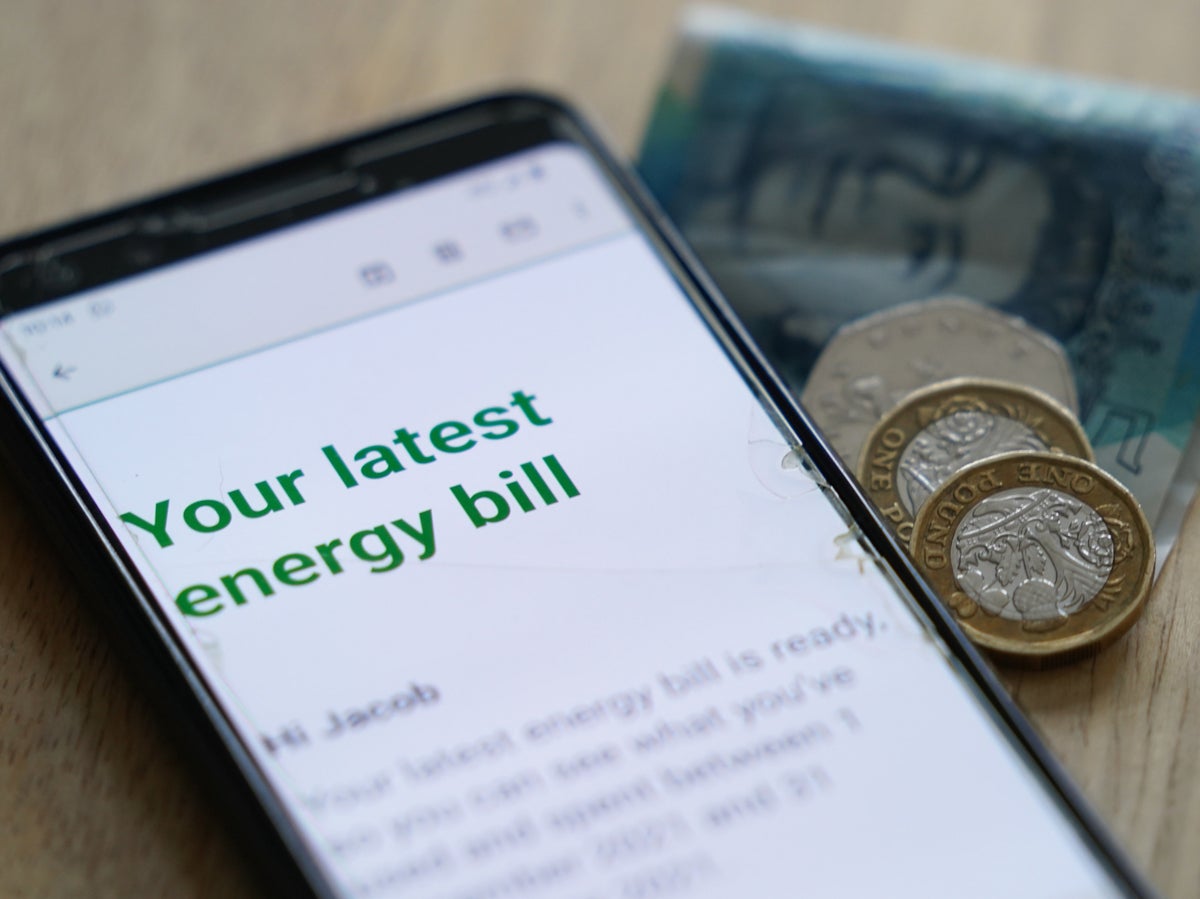
The 'Big Five' energy companies should be brought into public ownership and energy prices cut to last year's levels, the Green Party has said.
Green co-leader Carla Denyer said plans to freeze the price cap proposed by Labour did not go far enough because bills "already unaffordable" at current levels.
The party says it would cost £37bn to fix the price cap at the rate of last October and a further £2.8 billion to transfer the companies into public ownership. This is equivalent to around half the £70 billion cost of the Covid furlough scheme.
This policy would be funded by higher VAT receipts, strengthening the government's windfall tax, and higher taxes on the wealthy, it said.
The government has yet to unveil any significant new cost of living measures since the Spring, though both Tory leadership candidates have promised to do so if they become prime minister in September.
But Labour and the Liberal Democrats have said they would use public subsidy to keep energy prices at existing levels.
From April the bill cap rose by 54 per cent from £1,277 for a typical household to £1,971. It is expected to rise to over £4,200 by January having easily topped £3,000 this winter.
“We are seeing nationwide anxiety about the prospect of unpayable energy bills this winter,” Green co-leader Ms Denyer said.
“Other parties have only offered to fix energy prices at current levels, but we know these are already unaffordable. We would return energy prices to an affordable level.
“This experiment with an energy supply market has failed. Only the government can intervene at the scale required to avoid a catastrophe this winter.”
Bringing energy retailers into public ownership would be unlikely to cut bills on its own, as they would still have to buy gas as massively increased wholesale prices.
Those prices are high because of a surge in demand following the restarting of the global economy after Covid, and supply restrictions caused by the Russian invasion of Ukraine.
Wholesale energy companies like Shell and Centrica are also making record profits on the back of the elevated gas prices.
However a public energy retailer could be forced by the government to take on debt to subsidise lower bills for customers – effectively a subsidy underwritten by the Treasury.
Emmanuel Macron's French government has taken national energy company EDF into full public ownership and imposed a 4 per cent cap on the increase of household bills – with the public company made to take on billions of debt to take the strain off households.
The energy crisis has raised questions about the current structure of the industry in the UK.
While Keir Starmer has ditched Labour's previous policy of public ownership of energy, former prime minister Gordon Brown suggested last week that the energy cap should be held where it is, and suppliers unable to stay afloat should be nationalised temporarily.
The UK's regional electricity companies were privatised in 1990, following the privatisation of British Gas in 1986.
Previously, the Central Electricity Generating Board (CEGB) was responsible for electricity generation, transmission and the vast majority of sales in England and Wales from the 1950s until privatisation.
Privatisation was meant to improve services and drive down costs, but limited actual competition between suppliers from the experiment led the government to impose a domestic energy price cap to stop people being put on rip-off tariffs, from 2018.
The government has so far said it will provide every household in the UK with an energy bill discount of £400 this autumn, but this will only cover a small part of the escalation in costs. Liz Truss, the frontrunner to become prime minister, has promised tax cuts to help some people with the cost of living, but said she wants to avoid what she called "handouts".







